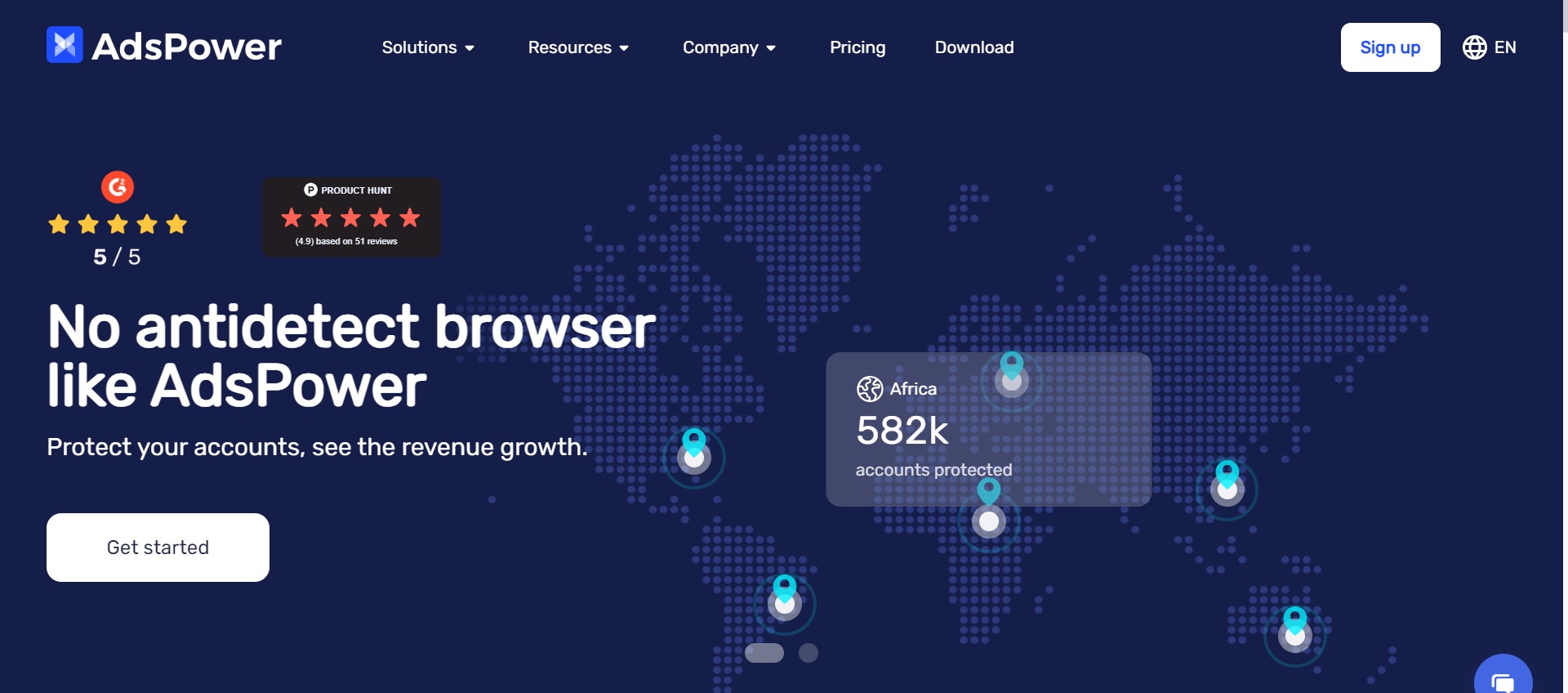Navigating the Digital Frontier: The Quest for Unblocked internet Browsers
In an increasingly interconnected world, access to information is paramount. Yet, barriers to this access persist, often in the form of internet restrictions imposed by institutions, governments, or network administrators. These limitations can stifle learning, hinder communication, and impede the free flow of ideas. For individuals seeking to bypass these restrictions, unblocked internet browsers have emerged as a vital tool. This article delves into the intricacies of unblocked browsers, exploring their functionality, benefits, and the ethical considerations surrounding their use.
Before exploring unblocked browsers, it’s crucial to understand the nature of internet restrictions. These restrictions can manifest in various forms:

Firewalls: These act as gatekeepers, filtering incoming and outgoing network traffic based on predefined rules. They are commonly used by schools, workplaces, and governments to block access to specific websites or services.
Unblocked browsers are designed to circumvent these restrictions, providing users with unrestricted access to the internet. They achieve this through various techniques, including:
Proxy Servers and VPNs
Many unblocked browsers utilize built-in proxy servers or virtual private networks (VPNs) to mask the user’s IP address and encrypt their traffic. This makes it difficult for network administrators to track their online activity and block access to specific websites.
Web-Based Proxies

Some unblocked browsers operate as web-based proxies, allowing users to access blocked websites through a proxy server hosted on a remote server.
Portable Browsers
Portable browsers, such as those installed on USB drives, can be used to bypass restrictions by running independently of the operating system’s network settings.
Browser Extensions
Browser extensions can modify the browser’s behavior, allowing users to bypass restrictions by changing proxy settings, encrypting traffic, or using other techniques.

Unblocked browsers offer several benefits, including:
Access to Restricted Content
The most obvious benefit is the ability to access websites and services that are otherwise blocked. This can be particularly useful for students, researchers, and individuals living in countries with strict internet censorship.
Enhanced Privacy
By masking the user’s IP address and encrypting their traffic, unblocked browsers can enhance online privacy. This can be especially important for individuals concerned about surveillance or data collection.
Circumventing Geographic Restrictions
Some websites and services are only available in certain countries. Unblocked browsers can be used to bypass these geographic restrictions, allowing users to access content from anywhere in the world.
Freedom of Information
In areas where information is heavily controlled, unblocked browsers can be a lifeline to the outside world.
While unblocked browsers offer numerous benefits, their use raises several ethical considerations:
Circumventing Institutional Policies
Using unblocked browsers to bypass network restrictions imposed by schools or workplaces may violate institutional policies.
Potential for Malicious Activity
Unblocked browsers can be used to access illegal or harmful content, such as pornography, hate speech, or terrorist propaganda.
Security Risks
Some unblocked browsers may contain malware or other security vulnerabilities, putting users’ data at risk.
Fair Use and Copyright
Bypassing geographic restrictions to access copyrighted content may violate copyright laws.
With numerous unblocked browsers available, choosing the right one can be challenging. Consider the following factors:
Reliability and Speed
A reliable and fast unblocked browser is essential for a smooth browsing experience.
Security and Privacy
Choose an unblocked browser with strong security and privacy features, such as encryption and IP masking.
Ease of Use
An unblocked browser should be easy to install and use, even for those with limited technical knowledge.
Compatibility
Ensure that the unblocked browser is compatible with your operating system and other software.
As internet restrictions become increasingly sophisticated, unblocked browsers will continue to evolve. Future developments may include:
AI-Powered Proxy Servers
Decentralized Browsers
Improved Encryption and Privacy Tools
Unblocked internet browsers play a crucial role in promoting freedom of information and access to knowledge. While their use raises ethical considerations, they remain a valuable tool for individuals seeking to navigate the digital frontier without restrictions. As technology advances, unblocked browsers will continue to evolve, offering users new and innovative ways to access the internet. It is essential to remember that the internet contains legal and illegal materials. Use common sense, adhere to your local laws, and use these tools responsibly.



